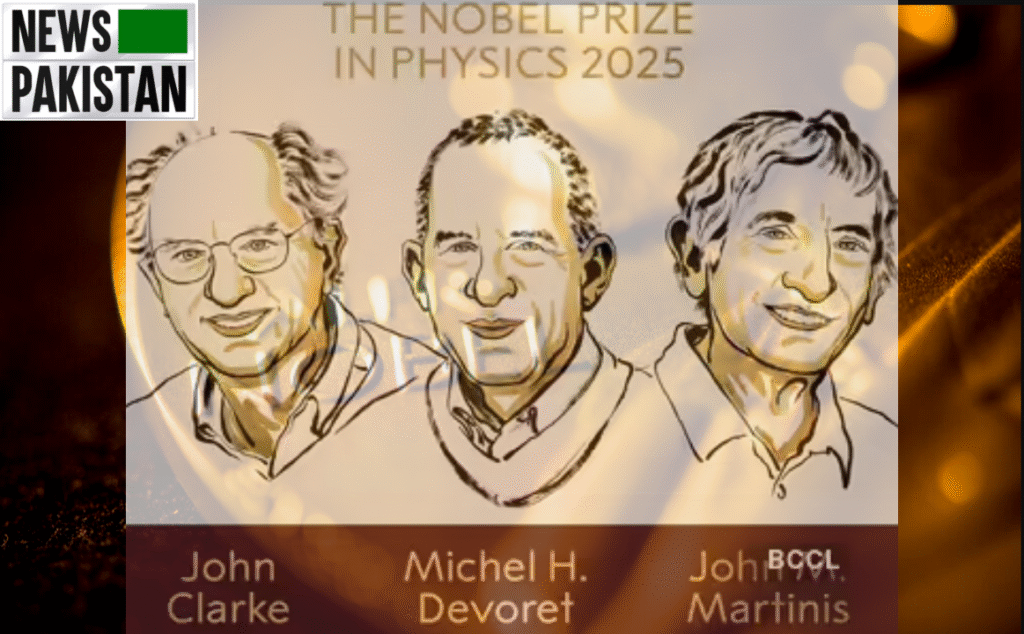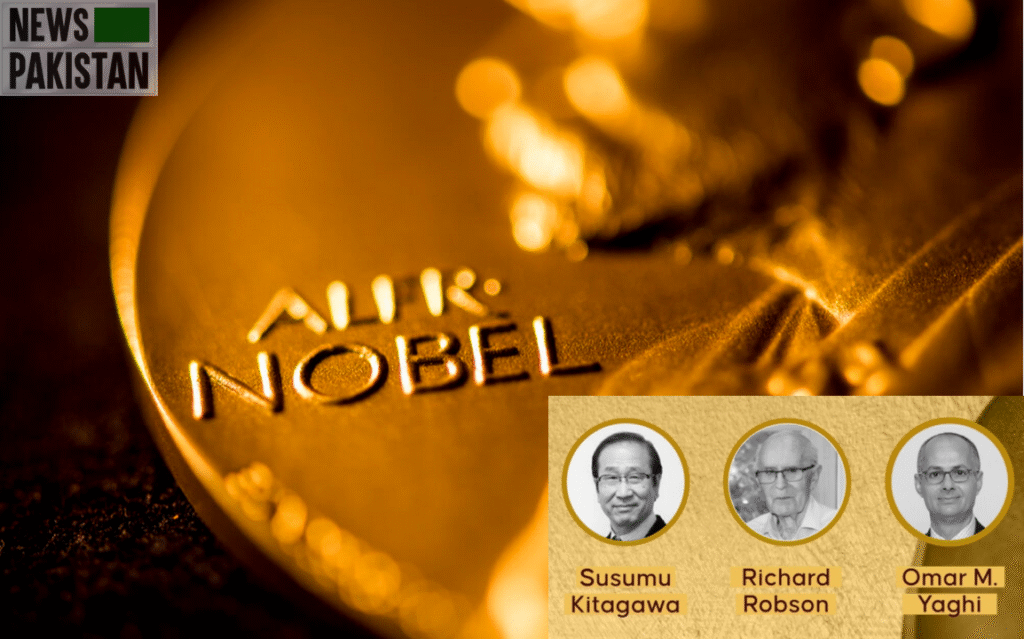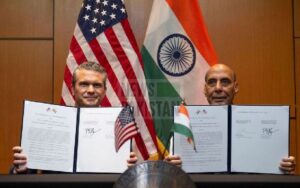STOCKHOLM: Susumu Kitagawa (Kyoto University), Richard Robson (University of Melbourne) and Jordanian-American Omar Yaghi (University of California, Berkeley) have been awarded on Wednesday (8th Oct) the 2025 Nobel Prize in chemistry.
They were awarded Nobel for the development of metal-organic frameworks (a form of molecular architecture that packs vast amounts of space into tiny structures, porous material roughly the size of a small sugar cube could contain as much surface area as a large football pitch.
Son of Palestinian refugees in Jordan, Yaghi maintained that Science was the greatest equalising force in the world. He was born to Palestinian refugees in Jordan, where his family shared a one-room home with the cattle the family was raising. “My parents could barely read or write. It’s been quite a journey, science allows you to do it.”
Yaghi found a book on molecules in the library and it was the commencement of a life-long love of chemistry. Talking to journalists at the Nobel Presser, Susumu Kitagawa said: “My dream is to capture air and separate air to (for instance, in CO2 or oxygen or water or something) and convert this to useful materials using renewable energy.”

Royal Swedish Academy of Sciences, while announcing the winners of Nobel Physics Prize, here on Tuesday (7th Oct, 2025) held: “This year’s Nobel Prize in Physics has provided opportunities for developing the next generation of quantum technology, including quantum cryptography, quantum computers, and quantum sensors.”
According to details US-based John Clarke, Michel Devoret and John Martinis won the 2025 Nobel Prize in Physics for “experiments that revealed quantum physics in action.” The trio carried out experiments with an electronic circuit built of superconductors and demonstrated that quantum mechanical properties could be made concrete on a much larger, macroscopic scale.
Newspakistan.tv







